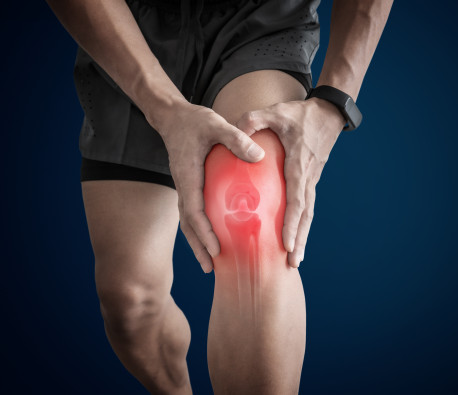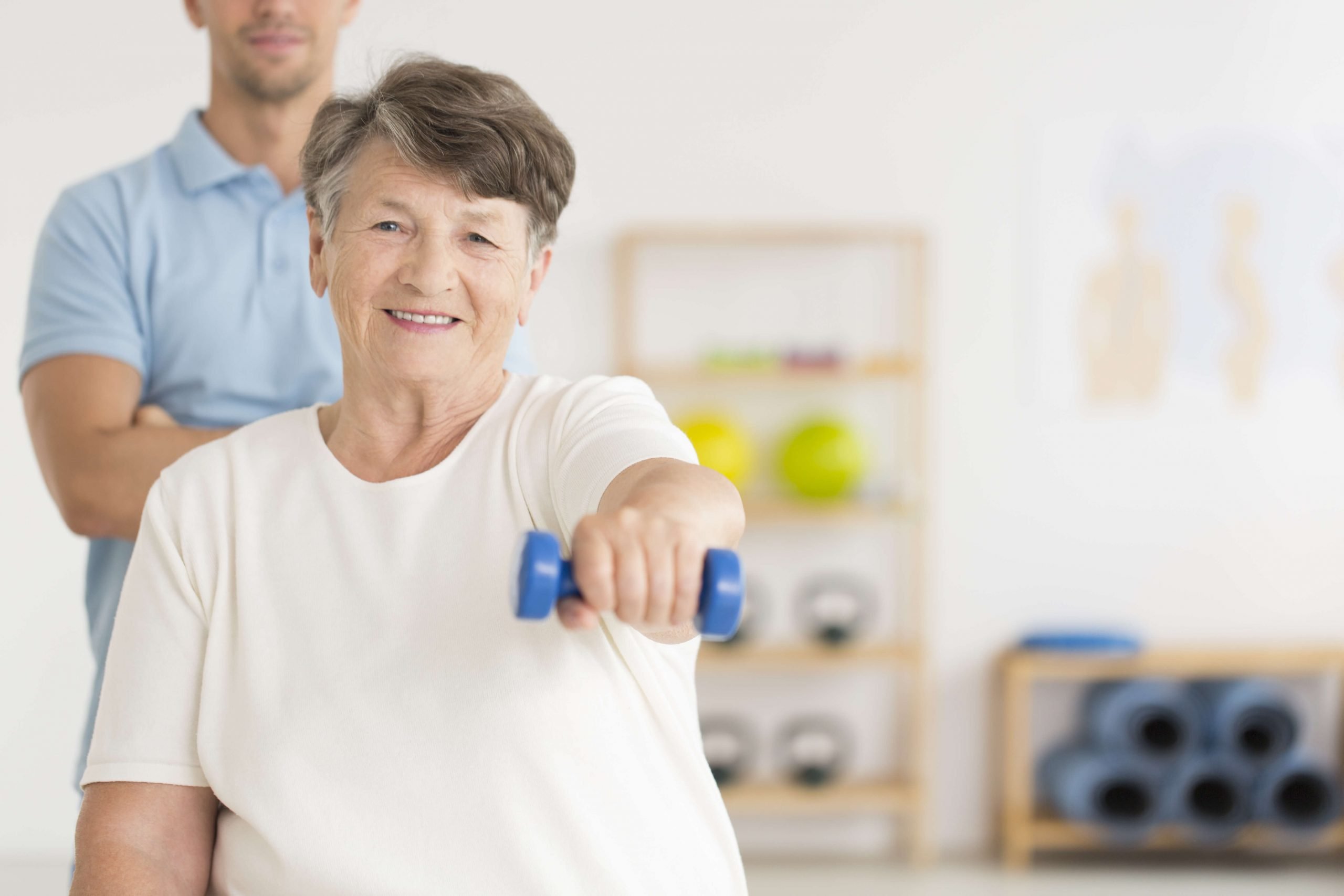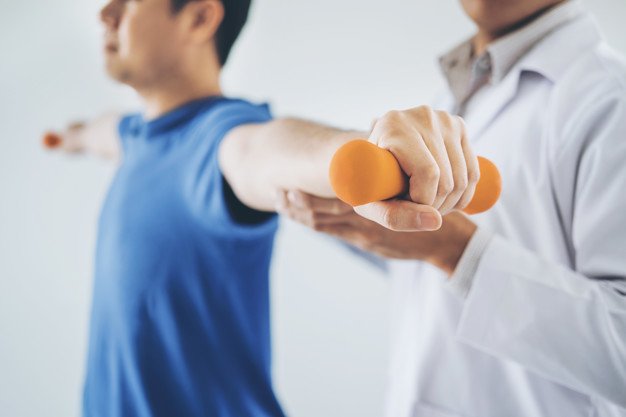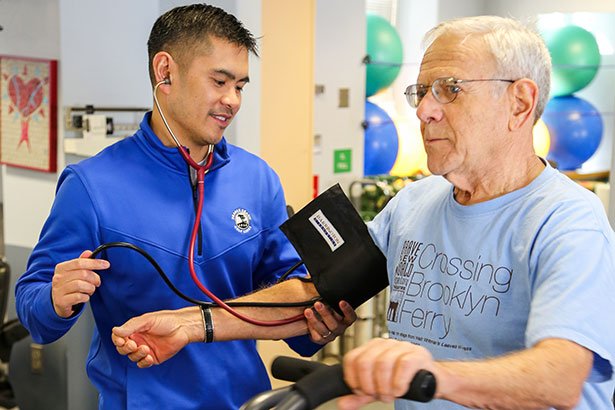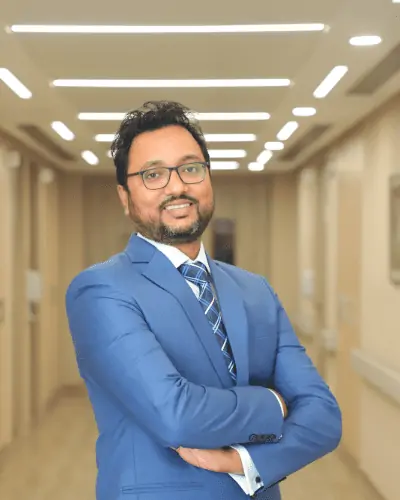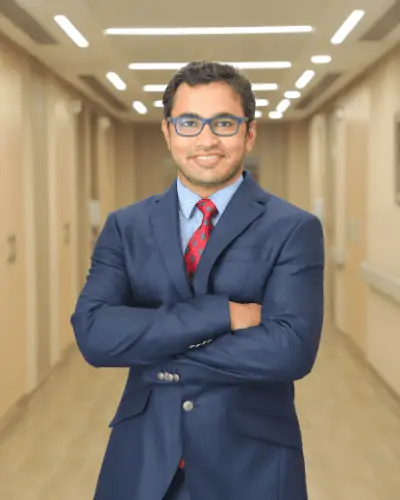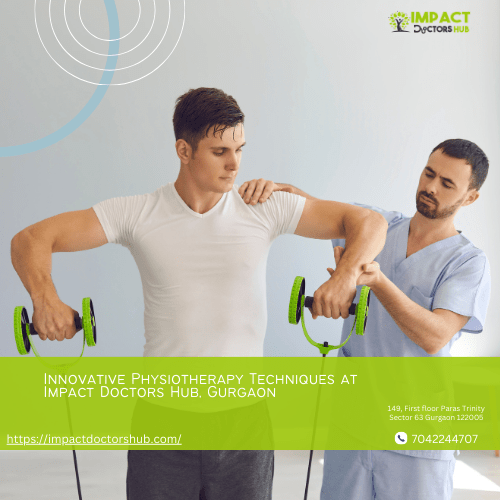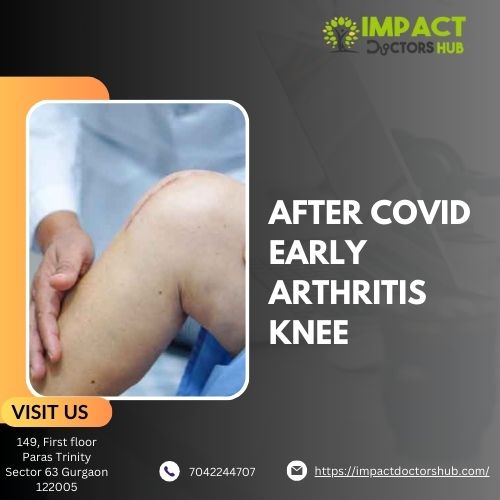


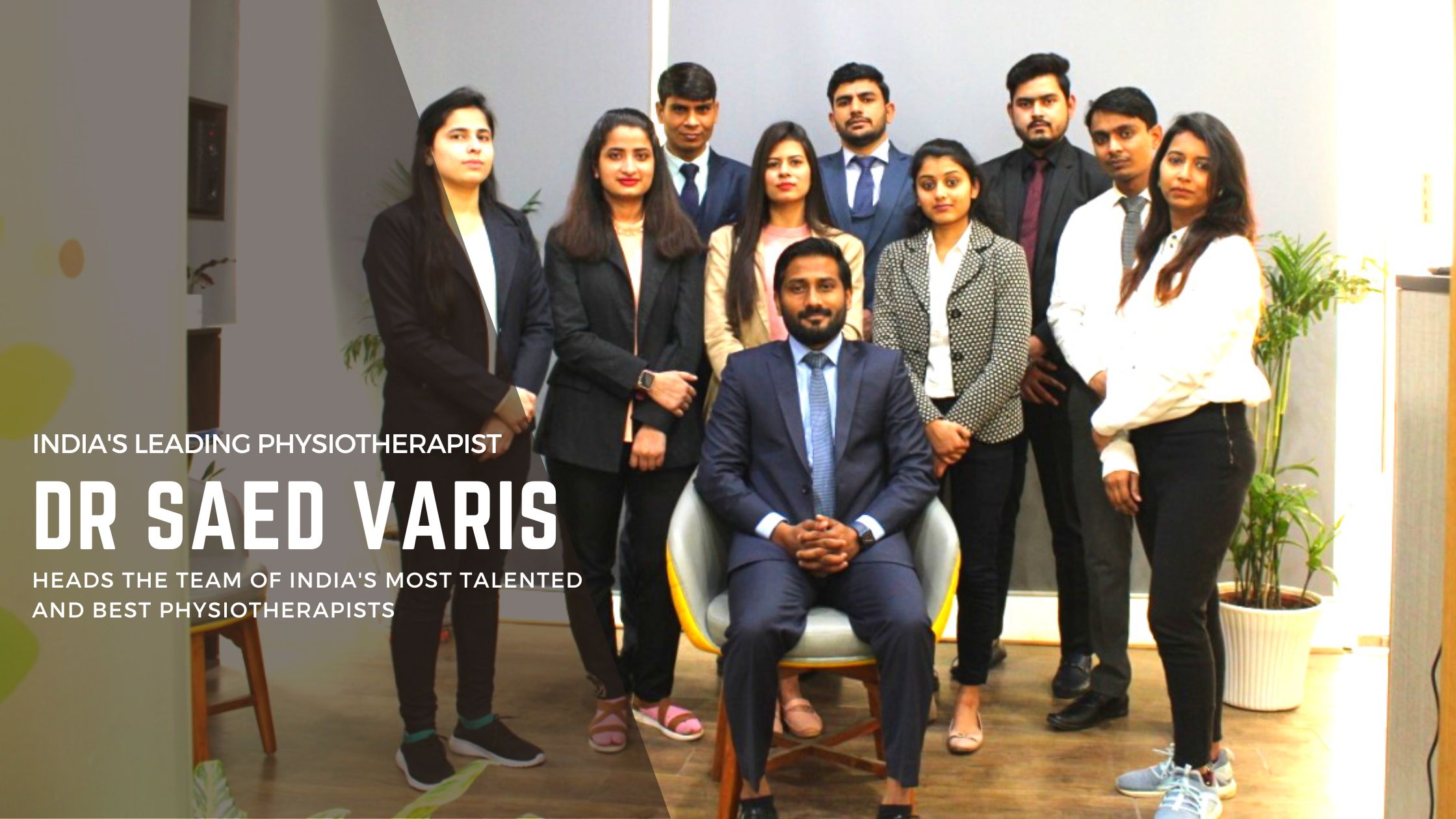
500+ Awards We Won
Why Impact Doctors Hub?
Impact Doctors Hub’s Therapy Does Not Look, Act or Feel Like Any Other Physiotherapy Clinic in Gurgaon. In this State of the Art Physiotherapy Clinic Which is a Top Brand in the World of Physiotherapy, You Will Observe the Distinctness from Other Physiotherapy Clinics as Soon as You Walk Inside the Impact Doctors Hub.
Conveniently situated in the center of Gurgaon, the Impact Doctor’s Hub possesses a state-of-the-art and largest outpatient Physiotherapy and pain managment facility in Gurgaon providing the best physiotherapy for Orthopaedic, Spine, Back, Neck, and Sports injuries. Formed on a ‘one-on-one care’ model, the Impact Doctors Hub opened to provide personalized and hands-on physical therapy treatment in a warm and caring environment that you need and deserve.
Our practice, straying from the high-volume and impersonal approach of other physical therapy practices, is a unique model with a patient-centric focus. Here, you will receive exceptional care from our highly skilled specialists who work under Gurgaon’s leading physiotherapist Dr. Saed Varis and India’s top sports physiotherapist Dr. Rahul Nautiyal.
+
Project Completed
%
Patients Satisfied
+
Medical Beds
+
Laboratory Experts
Think Hard & Focus On The Patient's Well-Being
Avail the Best Physiotherapy Services in Gurgaon
Under India’s top physiotherapist Dr. Saed Varis get comprehensive personalized services to help manage and alleviate your chronic pain. The Pain Management Center at the Impact Doctors Hub closely focuses on the diagnosis and management of your chronic and disabling pain disorders through advanced non-surgical treatment alternatives. The comprehensive approach targets at enhancing the quality of life by minimizing the effects of pain and restoring maximum function in your life.
The pain management specialists are certified professionals who work in close collaboration with your care team to provide you relief and alleviate your symptoms during your treatment journey. The goal of pain management is not merely to manage the distress but also to teach you art that would empower you to take proper care of yourself post your treatment and in the long term.
Meet Our Expert & Experienced Team Members
Contact Our Doctor
You can schedule a consultation to discuss the best course of treatment for your specific needs.
View All ServicesExperienced Team
Our experienced & professional team of therapists have a comprehensive understanding of how to address each condition and issue. Providing you with personalized & effective treatment that meets your unique needs.
Book AppointmentLatest Technology
To provide our patients with the best possible care, we invest in advanced equipment and technology.
Provide RegistrationDon't Hesitate To Contact us
If you have any questions or would like to schedule an appointment, please reach out to our friendly staff. Let us assist you in achieving better health.
Why Impact Doctors Hub is the Best Physiotherapy Clinic in Gurgaon?
The best part is that the Impact Doctors Hubs is headed by India’s top physiotherapist Dr. Saed Varis, who has an immense experience in pain management and has worked with some of India’s leading healthcare names such as C.K. Birla Hospital, Medanta, The Medicity hospital, Apollo Homecare, and Max@Home.
Being a well-known physiotherapist in the Delhi NCR region, Dr. Saed Varis is being consulted by various leading personalities in India that consisting of top-notch sportsmen, and several high-profile personalities, that includes celebrities, and VIPs.
Apart from that, Dr Saed Varis is based currently, at one of the most eminent hospitals in the Delhi NCR region, C.K. Birla Hospital, as the Head of the Department (HOD) Physiotherapy, and provides his services. Besides that, Dr. Saed Varis has also achieved several professional accomplishments over the years, due to this he is now the most recommended physiotherapist not just in Delhi NCR but in PAN India.
Best Physiotherapist in Gurgaon
Impact Doctors Hub is the best physiotherapy Center in Gurgaon, known for its exceptional physiotherapy services, we offer a wide range of treatments to address various issues of our patients such as Sports rehab, Back pain, Hip pain, ACL injuries, Dry needling, Cardiac rehab, Posture correction, Shoulder impingement, Foot drop, Spinal cord injuries & many more to name.
One standout feature of Impact Doctors Hub is physiotherapy at home in Gurgaon. This convenient service ensures that patients can receive top-notch care in the comfort of their own space.
Our physiotherapy clinic in Gurgaon uses advanced equipment and technology for diagnosis and treatment to improve patient outcomes. We believe that using advanced technology helps us provide more accurate and precise care, reducing recovery time for our patients.
Our team of specialized therapists is dedicated to providing personalized care tailored to each patient's needs. Also, our clinic is situated at a convenient location of Gurugram, making it easily accessible for everyone.
The testimonials of our patients are evidence of the all-inclusive approach we take in treating fractures, joint dislocations, ligament and tendon injuries in the area of orthopaedic physiotherapy, musculoskeletal, cardiac rehab, neuro rehab, & geriatric rehab.
Whether you are recovering from an injury or looking to improve your overall well-being, the expert physiotherapists at Impact Doctors Hub are committed to helping you achieve your health goals.
Book your appointment today!
Book Now

